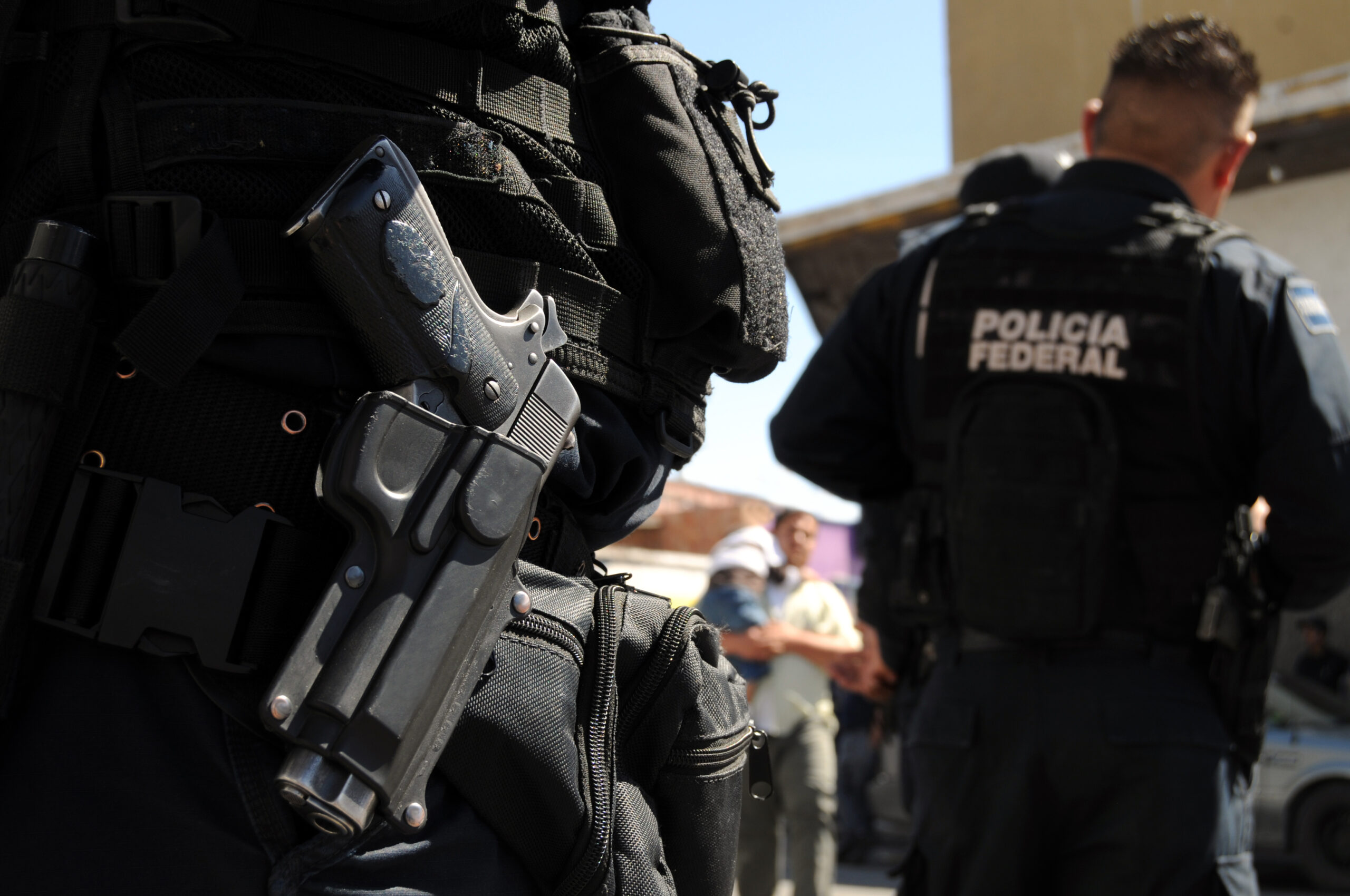Western Mexico Engulfed By Cartel Chaos After Mora Assassination

Sunday morning in Apatzingan, a key agricultural hub in Mexico’s western lands, dawned with a disturbing silence. On the streets once bustling with local farmers and traders, an eerie hush presided, punctuated only by sporadic gunfire. This quiet bore witness to a chilling development – the region’s escalating cartel violence following the killing of citizen self-defense leader, Hipolito Mora.
Mora’s assassination by unidentified gunmen ignited the already simmering tensions between rival cartels, the Jalisco and Viagras, whose ruthless power struggle has torn through the region. As the news of his death filtered through the communities he bravely defended, the drug cartels brazenly erected road blockades, commandeering vehicles and striking terror in their owners’ hearts.
An anonymous truck driver, caught up in the violence, recalled, “They told me to park my truck across the road. They said if I moved it, they would burn it.” These grim warnings, highlighting the cartels’ escalating brutality, gave a glimpse into a terrifying reality where ordinary citizens are coerced into aiding the very groups sowing chaos in their communities.
In a brazen show of violence, gunmen carjacked a family, commandeered their car, and executed another driver within the city. The executed man’s friend, grieving over the loss, attributed this shocking incident to the Jalisco cartel, despite Apatzingan’s long history of Viagras dominance.
With the growing influence of Jalisco from the neighboring state, the embattled citizens of Apatzingan are caught in a violent struggle for control. The Rio Grande’s riverside village, Las Bateas, became a battlefront where residents had to flee their homes due to the intense gunfights. Even as the Mexican government sent reinforcements, their unspoken policy of curbing Jalisco’s advances while tolerating the Viagras does little to assuage the locals’ fears.
The Viagras’ systematic extortion has strangulated Apatzingan’s economic lifeblood, its rich farmlands, causing the prices of everyday items to skyrocket. Yet, as the brother of the slain leader, Guadalupe Mora Chávez, warned, if the government fails to deliver justice swiftly, they “are going to take up arms.”
For many in this region, Mora’s death symbolizes a harsh reality – the loss of a brave and just protector. “He looked out for his town, for his people, and that is something none of us is going to do,” his sister, Olivia Mora, said in a tearful address in front of his coffin.
Meanwhile, Mexican authorities deny collusion with the cartels and lay the blame squarely at the feet of the past administration’s failed war on drugs. However, such statements do little to assuage the beleaguered populace, who feel even more abandoned following Mora’s death. One retired lime packer poignantly voiced the sentiment of many, “Now who is going to look after us?”
The grim aftermath of Hipolito Mora’s death raises challenging questions about the future of Mexico’s anti-gang resistance. With the looming threat of a cartel-dominated landscape, the citizens of Apatzingan are left grappling with fear and uncertainty, yearning for justice and lasting peace.
























